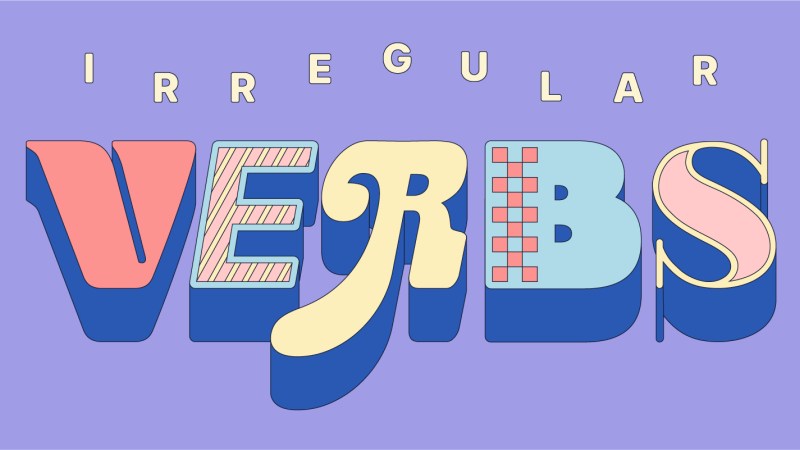
would rather/would sooner 宁愿…
would rather/sooner + 不定式 … (than)
我们使用 would rather/sooner + 不定式(动词原形, 没有to )来说明个人偏好。我们可以在肯定句中加上 than ( +名词/不定式),或在疑问句中加上 or,一起使用。
I’d rather/sooner have juice, please. 我宁愿喝果汁,拜托。
I’d rather/sooner have juice than drink that beer. 我宁愿喝果汁也不愿喝那种啤酒。
Would you rather/sooner have juice or beer? 你宁愿喝果汁还是啤酒?
would rather/sooner + 主语+ 一般过去时
我们可以使用would/sooner + 主语 +一般过去时 来指现在或未来希望达成的状态。
They’d rather/sooner he was/were with them right now. 他们宁愿他现在和他们在一起。
He’d rather/sooner I picked him up after work. 他宁愿我下班后早点接他。
Would you rather/sooner we went by plane or by bus? 你宁愿我们乘飞机还是乘汽车去?
注意:我们在 would rather + 主语( I / he /she) 之后可以用 were 代替 was。
Prefer 偏好/更喜欢
(would) prefer + to + 不定式…… (rather than/instead of)
我们使用 prefer/would prefer +名词或 to +不定式,来说明特定的偏好,意即我们在特定场合更喜欢什么。
I would prefer to stay in a hotel near the airport. (或 I would rather stay…) 我宁愿住在机场附近的酒店。
Most clients prefer to have breakfast in their bedroom. 大多数客户喜欢在他们的卧室里吃早餐。
我们可以使用 prefer/would prefer 和 rather than/instead of 来显示我们拥有的选择。
I would prefer to be alone rather than be with others. 我宁愿独自一人,也不愿和别人在一起。
I prefer to go with my friends instead of staying here with my cousin.我更喜欢和我的朋友一起去而不是和我的表弟住在这里。
注意:我们使用 rather than + 不定式,没有 to
prefer + 动词进行时
我们使用 prefer + 名词或动词进行时-ing来说明一般偏好,意即普遍情况下,我们通常更喜欢什么。
I love dancing, but she prefers singing. 我喜欢跳舞,但她更喜欢唱歌。
我们可以使用 prefer 搭配 to 表示我们现有的选择。这里 to 是介词,所以如果我们在 to 之后使用动词,它应该采用动词进行式-ing的形式。
She prefers reading to writing.比起写作,她更喜欢阅读。
would rather, would prefer – 练习题



Comments